Our Partners
Achieving the CHEER Hub’s goals requires engaging with a diverse group of partners. If your organization is interested in becoming a CHEER Partner, please reach out to us today!
Our Partnerships
Partnerships are an integral component of the CHEER Hub. We work with education partners, non-profit organizations, governments, and our case study areas to build more resilient coastal communities.
Core Universities
CHEER includes researchers, students, and postdocs from 11 universities and from many disciplines— atmospheric sciences, risk modeling, systems engineering, hydrology, public policy, sociology, economics, wind engineering, geospatial data science, urban planning, coastal oceanography, and program evaluation.



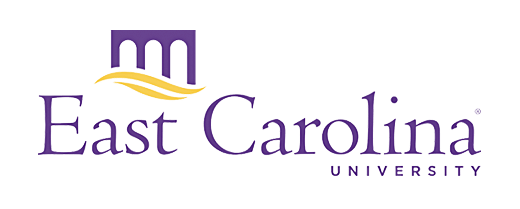




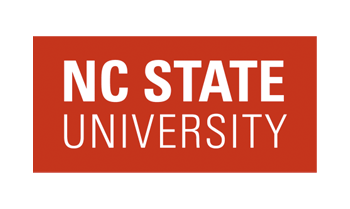

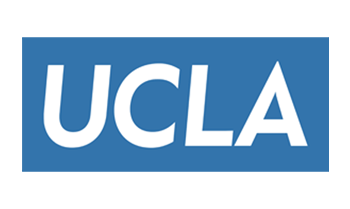
Community Partners
Community partners are helping to describe the lived experience, coping, and decision-making of community members to ensure the CHEER policy analysis tool is based on community-defined parameters of loss and equity, and to ensure it will support community members in making well-informed decisions to manage their risk. Partners are located in the three case study areas–eastern North Carolina; Port Arthur, TX; and Houston, TX.
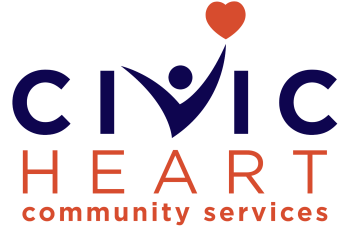

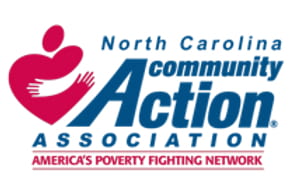

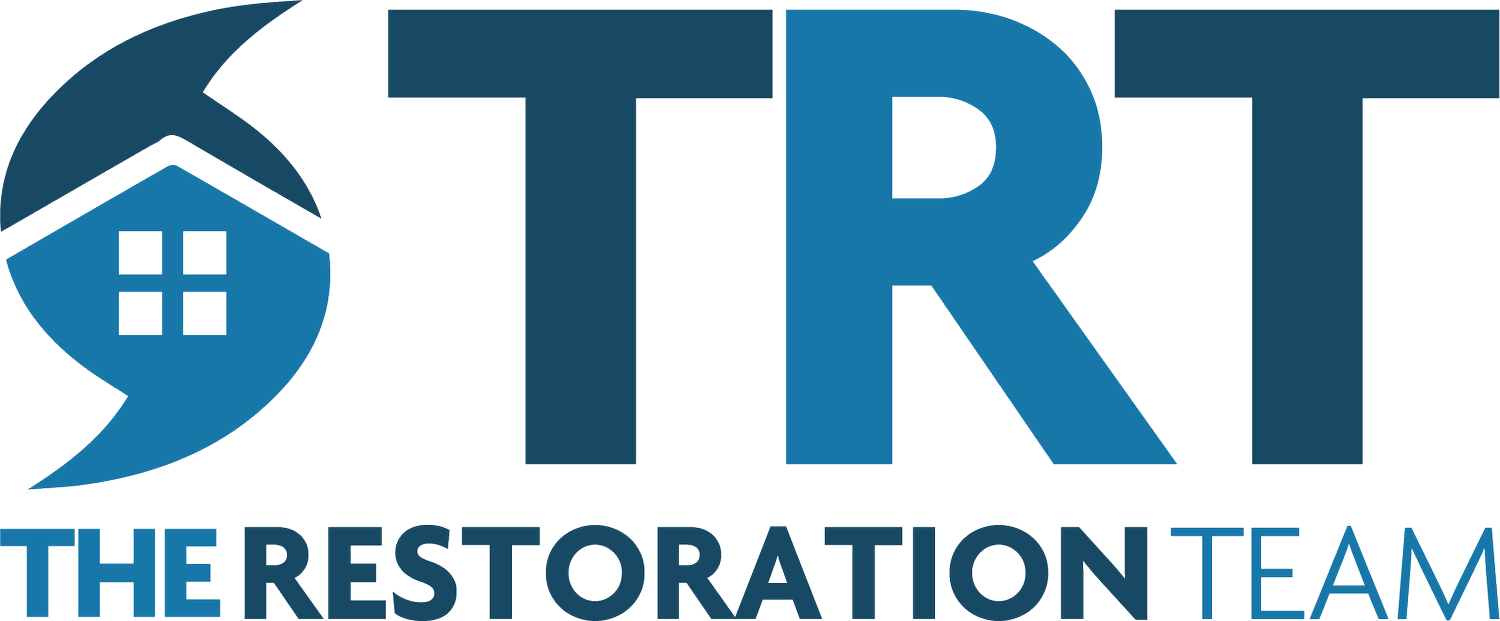
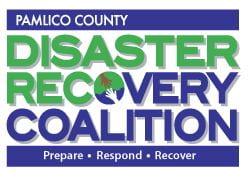
- Civic Heart Community Services: A social services organization in Houston, TX that takes a holistic approach to providing programs and services to vulnerable and disadvantaged populations in Texas.
- North Carolina Community Action Network: Non-profit organizations reaching children, families, and the disabled with life-changing services that create pathways to self-sufficiency and independence. They were created by the Economic Opportunity Act of 1964, which embodies the philosophy that low-income individuals can best identify the issues their communities face and develop solutions to resolve them.
- CARES of New Bern: A grassroots organization that works to raise awareness about community concerns in New Bern, including but not limited to flooding and hurricane preparedness.
- Texas Access to Justice Foundation: The leading funding source for legal aid in Texas, committed to the vision that all Texans, regardless of income, will have equal access to the civil justice system.
- The Restoration Team: home repair and disaster response non-profit organization in Houston, TX, dedicated to assisting families whose homes have been damaged in hurricanes, floods, or other natural disasters.
- Pamlico County Disaster Recovery Coalition: A community-based organization in North Carolina that supports Pamlico County residents’ and government officials’ response to disasters.
- Coastal Community Action: Part of a nationwide, federally-funded community action movement that empowers individuals, families, and communities toward a better quality of life.
Practitioner Partners
Practitioner partners are decision-makers who help make and implement policies and programs addressing housing and mitigation. CHEER is working with them to understand the current decisions the tool may inform and the parameters they consider critical to those decisions.
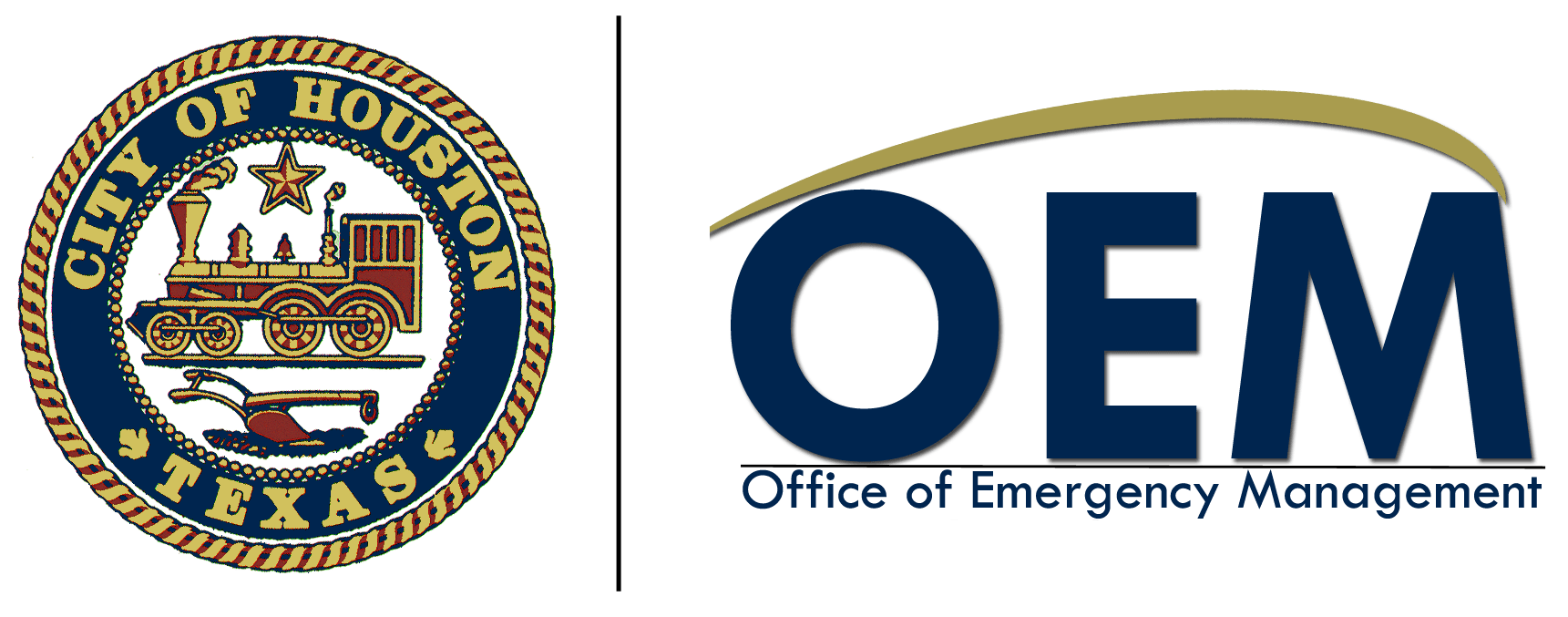
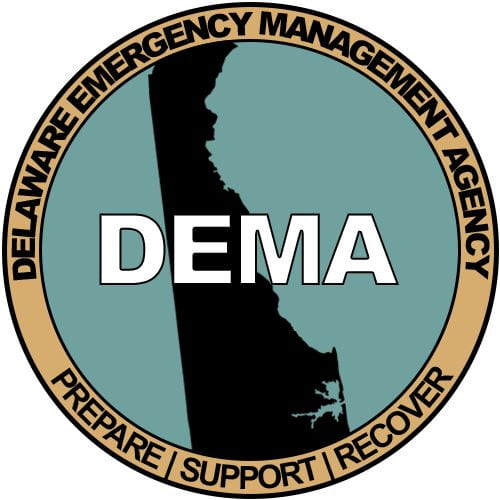
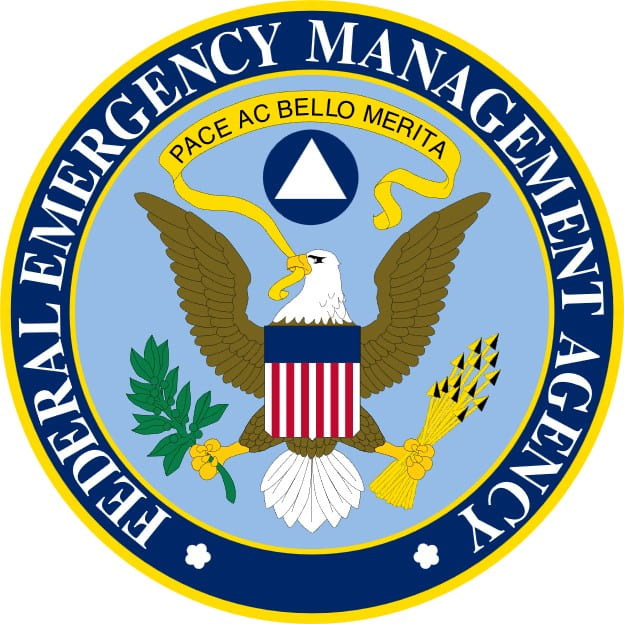

- United States Department of Housing and Urban Development: The Federal agency responsible for national policy and programs that address America’s housing needs, improve and develop the nation’s communities, and enforce fair housing laws.
- North Carolina Insurance Underwriting Association: Created by the North Carolina General Assembly to provide an adequate market for property insurance in coastal NC, NCIUA is the insurer of last resort offering wind property insurance.
- Federal Emergency Management Agency: A part of the U.S. Department of Homeland Security, FEMA is the federal agency responsible for leading the nation’s efforts to prepare for, protect and mitigate against, respond to, and recover from the impacts of disasters, including natural hazards.
- Delaware Emergency Management Agency: Delaware’s lead state agency responsible for the coordination of comprehensive emergency preparedness, training, response, recovery, and mitigation services to protect the state’s economic base and reduce the impact of emergencies.
- Houston Office of Emergency Management: The chief coordinating agency for disaster response in the nation’s fourth-largest city. The OEM provides emergency response coordination and communication assistance to city agencies and serves as the liaison to regional, state, and federal agencies during times of emergency.
- Raleigh Stormwater: Raleigh Stormwater collaborates with internal and external stakeholders to identify, communicate, design, and construct stormwater projects, programs, and policies to serve the Raleigh, NC community.
Research Partners
SimCenter and DesignSafe are providing support in hosting databases and tools developed through CHEER, and facilitating their use within the broader research community.



- SimCenter: The Computational Modeling and Simulation Center, also known as the SimCenter, provides next-generation computational modeling and simulation software tools, user support, and educational materials to the natural hazards engineering research community. Their aim is to advance the nation’s capability to simulate the impact of natural hazards on structures, lifelines, and communities.
- DesignSafe: The cyberinfrastructure component of the Natural Hazards Engineering Research Infrastructure (NHERI) collaboration. It embraces a cloud strategy for the big data generated by natural hazards engineering research and supports high-performance computing, research workflows, data curation and publication, and data analysis and visualization.
Education Partners
These two highly-respected national organizations that prepare and support graduate students from underrepresented groups (URGs) across all disciplines, and in disaster studies, respectively, are helping recruit and support students.
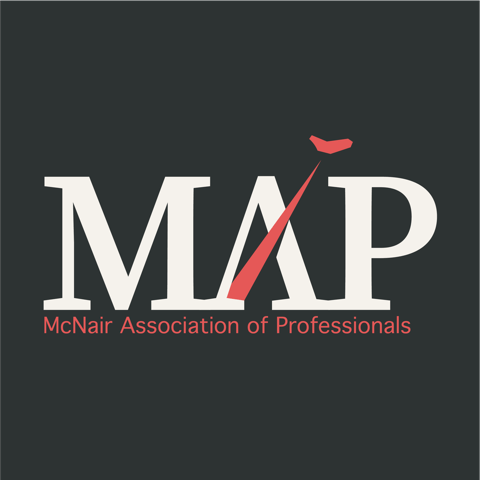
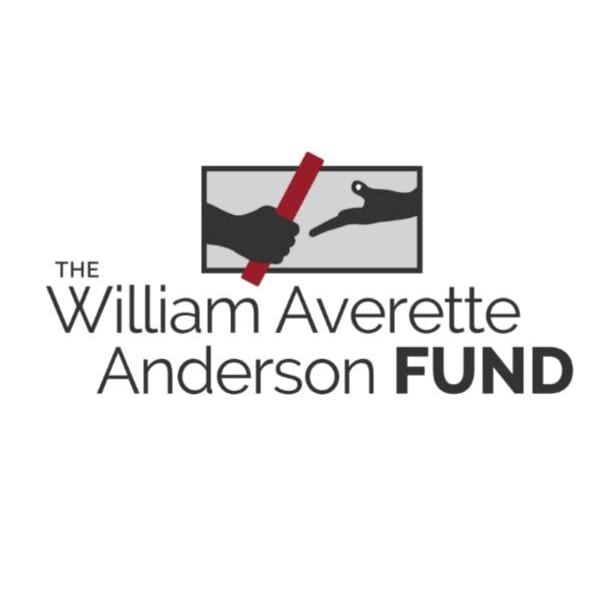
- Bill Anderson Fund: A charitable organization dedicated to expanding the number of historically underrepresented professionals in the fields of hazard and disaster research and practice.
- McNair Association of Professionals: Directors of chapters of the Ronald E. McNair Postbaccalaureate Achievement Program. At 151 institutions across the U.S., the McNair Scholars Program is designed to prepare undergraduate students from underrepresented groups for doctoral studies through involvement in research and other scholarly activities.

